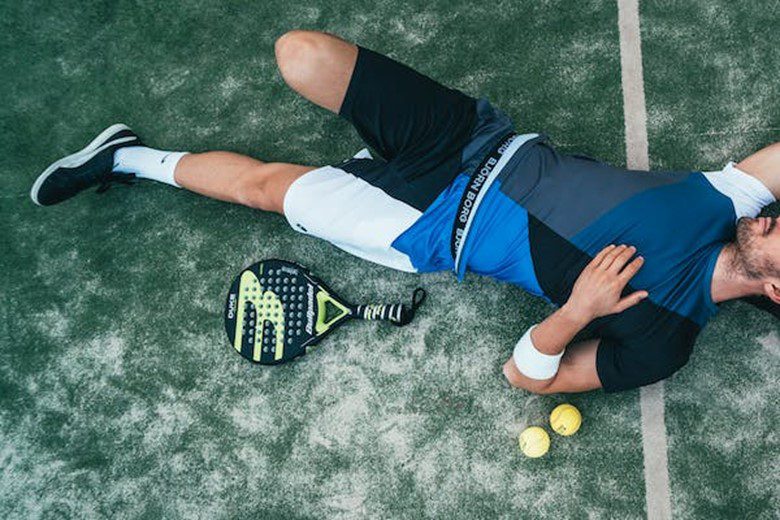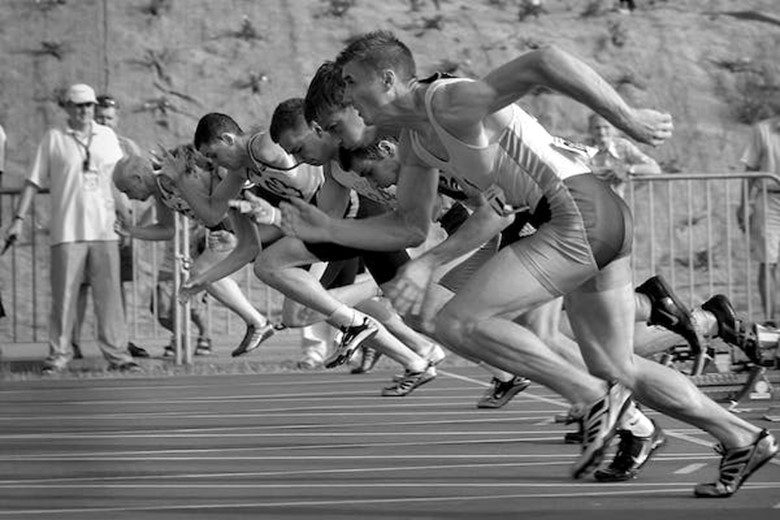The success of an athlete is more than just excelling in physical performance. Their mental health also plays a vital role in ensuring that they are returning as winners from the field. As people understand how important it is for players to have good mental health, the sports industry is now appointing sports psychologists to help athletes with their mental health.
Understanding sports psychology is very important. If you are interested in learning more about sports psychology and want to know how it will affect athletes and how they can improve their performance, this article is just for you. So, let’s get into the article and explore everything about sports psychology.
What is Sports Psychology?
Sports psychology is just what the name says. This is the psychology that targets the mental health of sports. It relies mainly on different mental factors through which sportspeople can enhance their performance. With that said various techniques are implemented to help improve the mentality of the athletes.
Some of the main techniques used in sports psychology include stress and anxiety management, motivation for the sportsperson to perform amazingly, and other issues covered under the umbrella of sportsmen’s psychology. Furthermore, through this approach, the physical activities of the athletes are also improved as mental health and physical movements are interlinked.
A Glimpse at the Different Types of Sports Psychologists
Following are some of the most common types of sports psychologists that are becoming part of the sports community.
Educational Sports Psychologist:
Educational sports psychologist rely on educational techniques to help athletes improve their performance. Here the athletes will learn about goal setting, talking to other teammates, problem-solving, and other similar problems.
Exercise Psychologist:
Exercise psychologists help athletes and ordinary people get into the habit of working out. They teach athletes about the benefits of goal setting, mindfulness, how the people can benefit from working out regularly, and other motivational techniques.
Clinical Sports Psychologist:
Clinical sport psychologist helps athletes and sportsmen with mental illness. Depression, anxiety, and stress are some of the main problems an athlete faces because of the pressure of the games. Here the experts use different psychological and psychotherapies to help the sportspeople improve their mental health and physical performance.
What are the Different Techniques Used in Sports Psychology for Helping Athletes?
When sportsmen start getting help from a sports psychologist, they observe amazing changes in their personalities and their game. If you are curious about the different techniques that sports psychologists use to help athletes, then the following are some of them.
Reflection:
The first technique the sports psychologist constantly uses to help athletes is reflection. Knowing about yourself is very important when it comes to being a sportsperson. Understanding the weaknesses and strengths is crucial so that they know about their performance.
In this technique, a proper table is made where different goals of the sportsmen are mentioned. Their goal is to score them according to their current skill level and how much they want to improve in the future. This will give the athlete a visual representation of what he needs to excel in and work on. Owing to it, athletes will be able to focus on only one thing at a time which will help with growth and development.
Relaxation Techniques:
Being nervous is a normal thing, especially for athletes who are going to the competition. When the nerves are high, it becomes tough to stay calm and relaxed. This is when the sports psychologist comes into action. They teach athletes different techniques through which they can remain calm and composed, and continue their game on the field with a clear mind.
Generally, two different types of relaxation techniques exist. One of the problem-focused ones means the athlete needs to remain calm during their game when they face difficulties or are losing. In such cases, they are thought to find different strategies through which they can overcome the problem.
The next type of relaxation technique will allow the athlete to focus more on their emotions and teach them how to regulate their emotions during high-pressure situations.
Meditation and Mindfulness:
Another common technique that is used by sportsmen is mediation. Meditation is a fantastic intervention through which the players can get more focused and also helps with regulating their emotions. In meditation, the body enters a mindful and calm state where it can enhance its five senses. This allows their body to become relaxed so that their body feels energetic once they start the training.
Focusing:
Focus is another attribute that should be present in athletes. If they are not attentive or focused, this can result in arousal of certain problems. In such cases, the sports psychologist step in and help the players to better focus on their game. Just telling the players to concentrate and stay focused on their games might not be the best thing. They need proper techniques through which they can clear the distractions and keep their mind on their goal.
There are two different types of focusing- narrow vs. broad focusing and internal vs external focusing. Sports psychologist commonly uses these techniques to help athletes in their game and enhance their performance.
Goal Setting:
Goal setting is also a technique the sports psychologist uses to assist the players in the game. It is not that you have to win the game; goal setting is way beyond that. Understanding where the player wants to be, what he wants to become, and how he wants to win the game is all that comes into goal setting.
This helps the player become more focused on his performance; he can channel his energy into the right thing and become more persistent. Goal setting also helps players become more confident and motivated in their game.
Arousal Regulation:
Arousal regulation is also essential for athletes. Sports psychologists help the player reach the ideal state of arousal before their game. This means that they are emotionally charged during the game, which helps them perform amazingly. Deep breathing, muscle relaxation, meditation, and other exercises help the players with arousal regulation.
Pre-Performance Routine:
Pre-performance routines are just what the name suggests. These routines are done before the game starts to ensure that the players have a clear mind and their focus is intact so that they can give their best on the field. Athletes can perform different kinds of pre-performance exercises, and these must not essentially complicated ones. It can be as simple as listening to songs, eating your favorite food, listening to your coach’s motivational speeches, and similar things.
Self-Talk:
Self-talking is something that a lot of people do, and this is quite normal. This can be related to the things we are experiencing or have in mind. When it comes to self-talking in players, the sports psychologist helps them minimize any negative self-talk that they do. They impose positive behavior and ensure the players have positive mindset.
Progressive Muscle Relaxation (PMR):
Progressive muscle relaxation is done in arousal regulation. This is specially taught to players by sports psychologists. Here the athletes learn how to tense and relax their muscles one after another. This technique can be used for stress reduction and lowering blood pressure. It also helps with managing anxiety and enhancing performance.
Cognitive Behavioral Therapy (CBT):
Players can get a lot of benefits from this psychotherapy. It allows the players to tackle negative thoughts, emotions, and behaviors. This is one of the best techniques used in sports psychology to ensure that the player is in the right head space to perform perfectly on the field.
Imagery:
Visualization or imagery techniques are also essential. Visualization is critical when it comes to games and sports. Manifesting the game and understanding how you need to play the it is essential. This can be fantastic for motivating athletes and helps them perform amazingly on the field.
Imagining the win and feeling how amazing it is to win can be an emotional booster for the players. With these motivational things in mind, they can better perform on the field, presenting the best show off of their skills.
Confidence Techniques:
Last but not least, it is crucial for the players to have confidence in their skill set, abilities, and strengths. Being confident, they can better face media, talk to other influential people, etc. Lack of confidence can also be a deal breaker in winning the match because if a player is not confident enough in his training, he can reflect this insecurity in his performance. Therefore, sport psychologists suggest them the right confidence building techniques to re-define their concept about their personality and skills.
Wrapping It Up!
The techniques used in sports psychology have a positive impact on athletes. Athletes taking classes and doing techniques have been observed to have better focus and attention. They tend to stay motivated and confident. In short, the use of sports psychology has a lot of benefits. It is excellent for athletes and non-athletes to ensure they have good mental health and can show outstanding game performances.
If you have a passion for psychology and also like sports, then becoming a sports psychologist might be the best option for you as the demand is also increasing day by day. Hope you found this info helpful; stay tuned for more of such informative articles.


